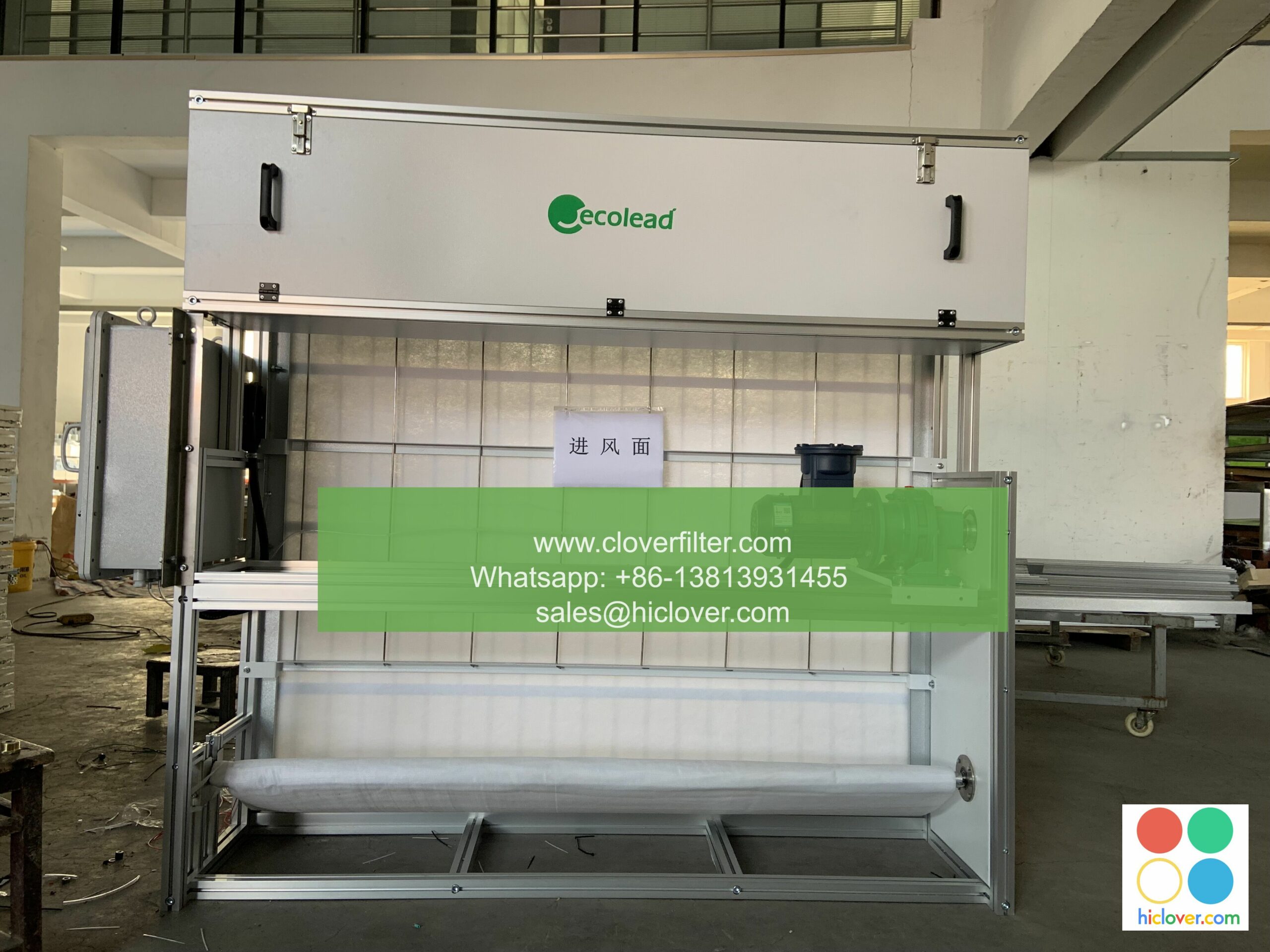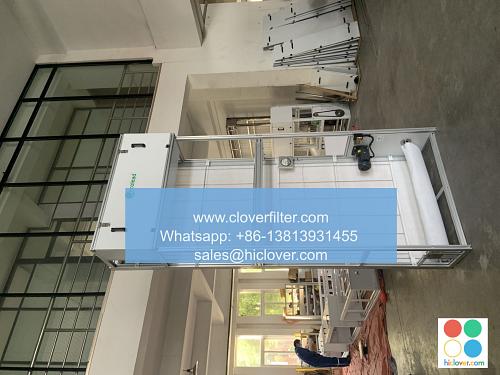The link Between Air Quality and Respiratory Issues: How Air Filters Can Help

Air pollution is a growing concern worldwide, and its impact on human health is a major issue. The link between air quality and respiratory issues is well-established, with poor air quality being a significant contributor to the development and exacerbation of respiratory problems such as asthma, chronic obstructive pulmonary disease (COPD), and other breathing difficulties. In this article, we will explore the relationship between air quality and respiratory health, and discuss how air filters can play a crucial role in mitigating the negative effects of poor air quality.
The Impact of Air Pollution on Respiratory Health
Air pollution is a complex mixture of particulate matter (PM), nitrogen dioxide (NO2), ozone (O3), and volatile organic compounds (VOCs), which can cause inflammation and damage to the lungs, airways, and other organs. Exposure to poor air quality can trigger respiratory symptoms such as coughing, wheezing, and shortness of breath, and can also exacerbate existing respiratory conditions. Furthermore, long-term exposure to air pollution has been linked to an increased risk of lung cancer, cardiovascular disease, and other health problems.
The Role of Air Filters in Improving Indoor Air Quality
One of the most effective ways to improve indoor air quality is by using air filters. Air filters work by capturing particulate matter, allergens, and other pollutants from the air, thereby reducing the concentration of harmful substances in the air. There are various types of air filters available, including HEPA filters, activated carbon filters, and UV filters, each with its own unique characteristics and applications. For example, HEPA filters are highly effective at capturing 99.97% of particles as small as 0.3 microns, making them an ideal choice for individuals with asthma and other respiratory issues.
Application Areas for Air Filters
Air filters have a wide range of applications, including:
* Home air purification systems: Air filters can be used in home air purification systems to improve indoor air quality and reduce the risk of respiratory problems.
* Commercial HVAC systems: Air filters can be used in commercial HVAC systems to improve indoor air quality and reduce the risk of respiratory problems in workplaces and public buildings.
* Industrial applications: Air filters can be used in industrial settings to capture hazardous particles and chemicals and improve worker safety.
* Transportation systems: Air filters can be used in transportation systems, such as cars, buses, and trains, to improve indoor air quality and reduce the risk of respiratory problems.
Benefits of Using Air Filters
The benefits of using air filters are numerous, and include:
* Improved indoor air quality: Air filters can significantly improve indoor air quality by capturing particulate matter, allergens, and other pollutants.
* Reduced risk of respiratory problems: By improving indoor air quality, air filters can reduce the risk of respiratory problems such as asthma, COPD, and other breathing difficulties.
* Increased energy efficiency: Air filters can help improve the energy efficiency of HVAC systems by reducing the amount of energy required to heat and cool the air.
* Extended equipment life: Air filters can help extend the life of HVAC equipment by capturing particulate matter and other pollutants that can damage the equipment.
Conclusion
In conclusion, the link between air quality and respiratory issues is well-established, and air filters can play a crucial role in mitigating the negative effects of poor air quality. By improving indoor air quality, air filters can reduce the risk of respiratory problems and improve overall health and well-being. With their wide range of applications, including home air purification systems, commercial HVAC systems, industrial applications, and transportation systems, air filters are an essential tool in the fight against air pollution and its associated health problems. You haven’t asked a question or provided any context. What would you like to talk about or ask? I’ll do my best to provide a helpful and direct response.

